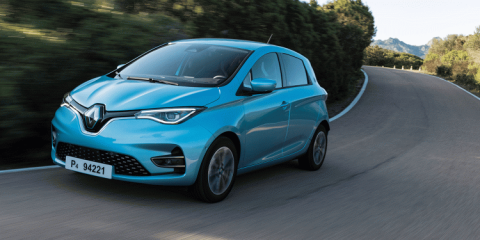Renault, Nissan & Mitsubishi form alliance to produce affordable EVs
Three automobile giants Renault, Nissan and Mitsubishi, are reportedly going to form a French-Japanese strategic alliance to jointly develop electric vehicles (EVs). According to a report published by Reuters, France-based Renault and Japan-based Nissan and Mitsubishi have decided to create “Alliance to 2030.”
The three automakers have agreed to invest a considerable amount of more than $23 billion in new technologies over the next five years to build more capable EVs. By the end of current decade, three manufacturers are jointly expected to produce and offer more than 30 new EVs that would be underpinned by five common platforms.
The three partners’ “Alliance to 2030” plan aims to show stepped up cooperation, highlighting a shared vision on electrification and connected mobility. The five common EV platforms are expected to cover nearly 90 per cent of EVs that the manufacturers are expected to develop and launch by 2030.
The alliance has already developed and partly deployed four common platforms to develop EVs. To produce affordable EVs, the group will also standardize and share Li-ion and other battery technologies that Nissan has been developing.
In November last year, Nissan had announced plans to spend roughly $18 billion over a period of five years to accelerate the pace of its transition from internal combustion engines (ICEs) to electric powertrains. By the end of current decade, the company has plans to launch at least 23 electrified vehicles, including gasoline-electric hybrids. As per available information, 15 of the total electrified vehicles would be EVs. The Yokohama-headquartered Japanese manufacturer wants electrified vehicles (including hybrids) to account for at least 50 per cent of its total sales by 2030.
Renault aspires to be 100 per cent electric in Europe by 2030. However, the automaker has made it clear that the target doesn’t apply to auto markets outside Europe. The group’s other brands, such as Dacia, will take some more time to become fully electric. The French automaker was among the first companies to embrace all-electric cars. The first ZOE electric car was launched nearly eight years ago. Now, the company has more than 390,000 EVs on the road.
More and more automakers are coming forward with their electrification plans as governments across the globe are pushing them to switch from pollution-creating conventional ICEs to environment-friendly EVs. Europe has plans to ban new ICE cars by 2035.
